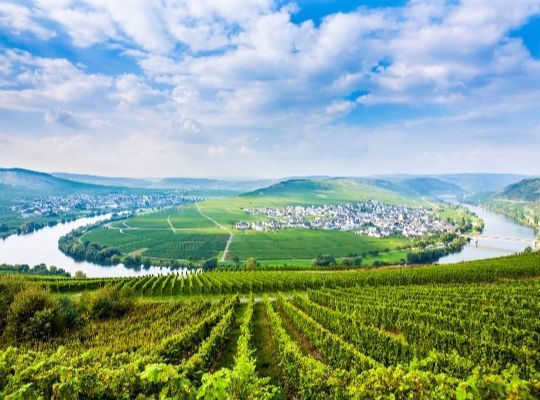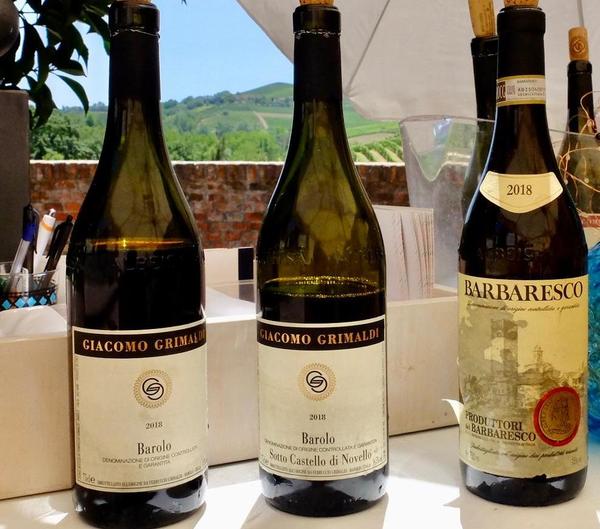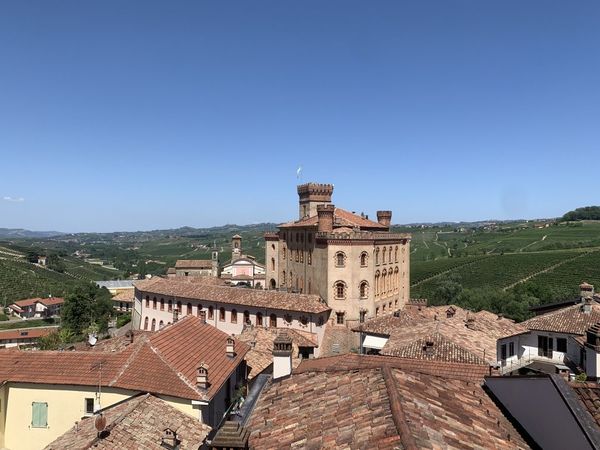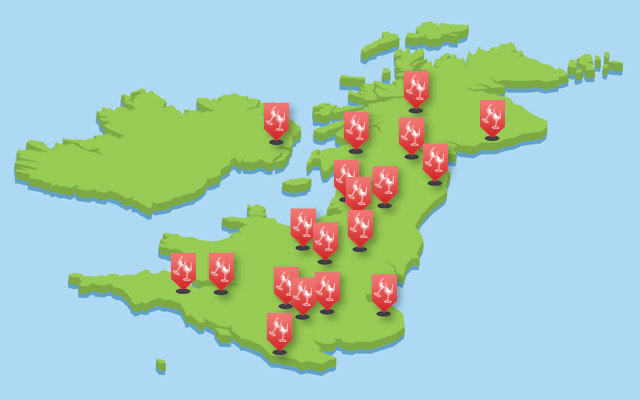Event Description
Riesling is of course the “great German grape variety” and it’s true that it is both the dominant variety in Germany and is strongly associated with that country. However, it’s not true that all Rieslings are medium-dry or sweet (although some are), nor is it an exclusively German grape.
Within Germany itself there is something of a revolution underway both in terms of wine styles; dry wines are now much more common, and labelling: the Germans are finally embracing a French-style geographic based system, not too dissimilar to Burgundy.
In Alsace, historically part of Germany but now very much French, Riesling is a dry wine and associated with the robust food of the region.
Outside Europe has found a “place in the sun” somewhat against the odds in South Australia and Washington State, USA. These “new world” Rieslings are almost always dry.
Other than sweetness levels what else there to know about Riesling. Well, its always highly acidic, even in warmer climates, which means it is both refreshing, has the ability to balance sweetness, and can mature for many years. Its range of flavours varies from blossom and green apple, all the way to stone and tropical fruits. With age it develops that very special “Riesling nose” – which depending on your point of view is reminiscent of petrol or diesel – this is actually smells much nicer than it sounds!
So, why not join us as we taste six different Rieslings, displaying its German origins in three different levels of sweetness from bone dry to dessert-wine sweet, then onto Alsace for a super food-friendly example (or perhaps two) and finally a “little beauty” from Clare Valley, South Australia.
Some suitable nibbles will help the wine along. ISO glasses and tasting notes will be supplied.
This event can be purchased as part of our 4-week “Superstar Grape Varieties” Masterclass.
If German wine is your thing, watch out for the forthcoming “German Wine Scholar” course, a “deep dive” into the wines of Germany.









